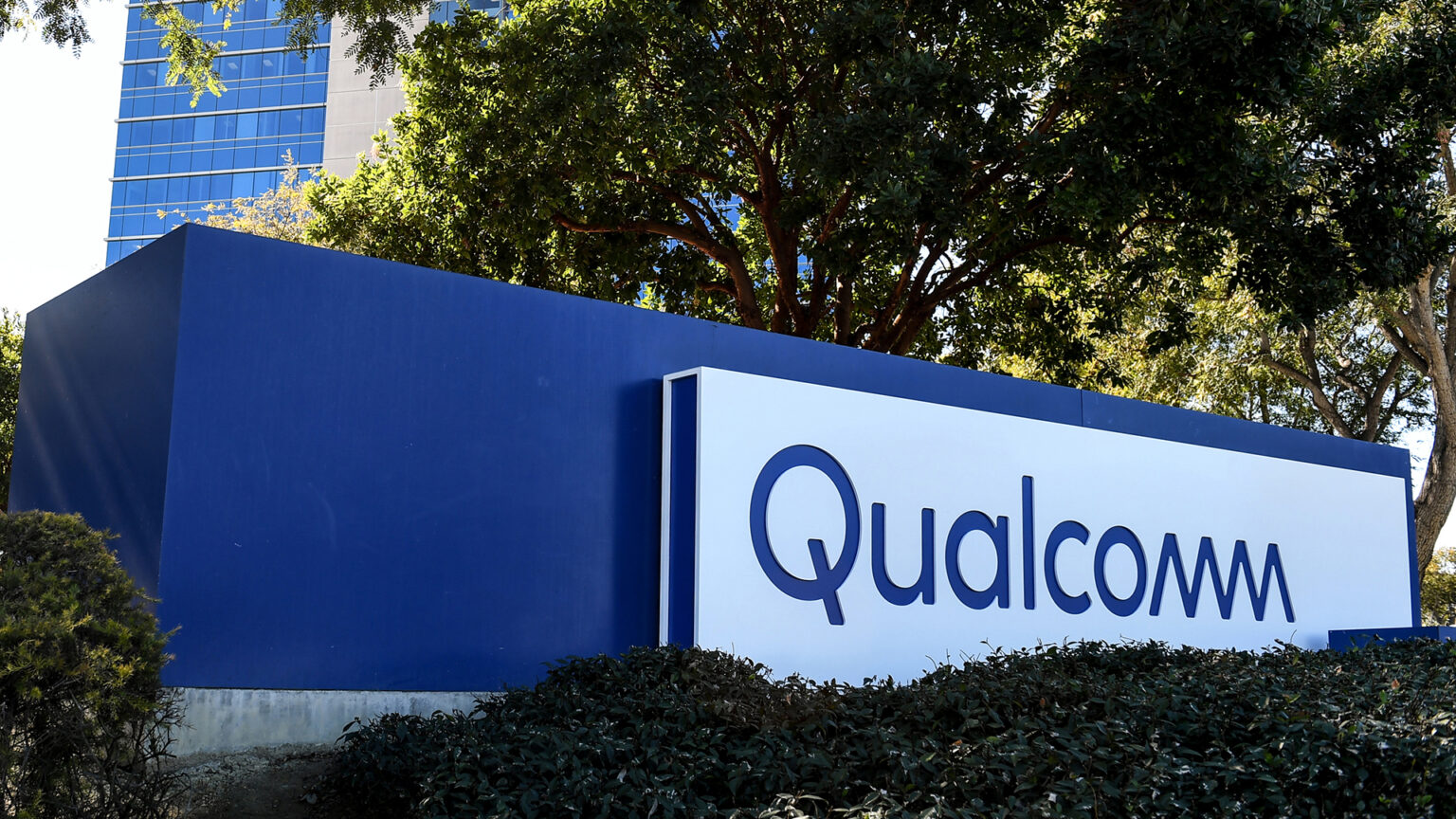Qualcomm has remained a mobile giant for years, but in the data centre world – unlike Nvidia or Broadcom – it has yet to gain a significant foothold. The acquisition of UK-based Alphawave Semi for US$2.4 billion is a clear sign that the company wants to change that – and fast.
Alphawave: a small player with a big advantage
Founded in 2017. Alphawave has grown into one of the most important providers of high-speed semiconductor connectivity technologies – so-called IP connectivity – used in data centres, AI, 5G networks or storage systems. The company has proprietary solutions for, among others, SerDes, PCIe Gen 6, CXL 3.0 and UCIe – key protocols for modern chiplets and heterogeneous architectures.
Importantly, Alphawave operates in a vertically integrated model – it designs IP, manufactures its own chiplets and custom ASICs, working with major foundries such as TSMC and Samsung. This makes it uniquely positioned in the new chipmaking model: modular, scalable and open.
Why Qualcomm?
For Qualcomm, the acquisition is a way to make up for lost time. While Nvidia, AMD and the hyperscalers were building their dominance in AI and data centres, Qualcomm remained focused on smartphones. Today, with the server and AI market set to be the fastest growing segment of semiconductors in the coming years, not having a presence in this area becomes a strategic risk.
Alphawave allows the company to enter with momentum. First and foremost, it gives it access to advanced connectivity IP that Qualcomm has not had until now. It would have taken years to develop its own solutions – and the market is not waiting. In addition, Alphawave is a strong player in the area of custom chips, which are becoming the backbone of AI and cloud infrastructure.
Opportunities and risks
The deal has its weaknesses, however. Alphawave’s model was based on neutrality and openness – the company worked with many chipmakers and fabs. Absorption by a major player could limit its flexibility and discourage existing customers. Additionally, Qualcomm has a strained relationship with ARM, while Alphawave is working closely with the company on the Neoverse CSS platform. How these tensions will affect the collaboration – for now – is unknown.
The market won’t be easy to conquer either. Qualcomm is measuring itself against the giants: Nvidia, Broadcom, AMD, as well as its own hyperscaler solutions such as AWS Graviton and Google Axion. The company already tried to enter this market a few years ago, but without much success.
Strategic facility
Despite the risks, Qualcomm apparently decided it was now or never. Alphawave was one of the last independent players with high-end technology to be acquired. And it did so at a price that could be considered attractive – the company was valued at around US$1 billion before the offer was announced.
In a world where chiplet architectures, high-throughput interfaces and custom chips are becoming standard, Qualcomm is investing in the foundations of a new computing ecosystem. Will this be enough to catch up with rivals? That remains to be seen. But the stakes – control of the heart of AI infrastructure – are too high not to try.












